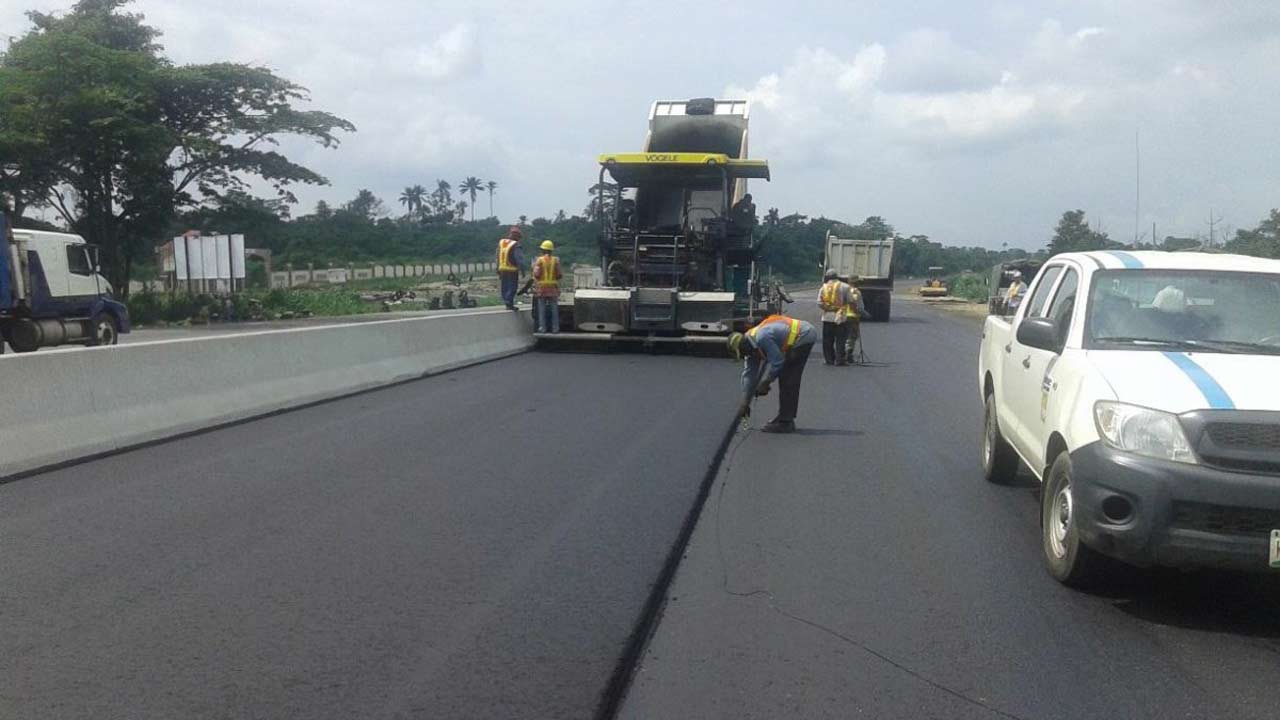A FORTNIGHT ago, I spent four days in Lagos. I had been invited by AG Dangote, the construction arm of the Dangote Group, to see the road it is constructing between Ibese and Itori in Ogun State. The 24-kilometre road project is being undertaken as a Corporate Social Responsibility intervention by AG Dangote.
But it also has another purpose, which was to exhibit the relevance of roads construction in Nigeria through the use of concrete, as against the bitumen that has been central to roads construction in Nigeria over the decades. Aliko Dangote is the largest producer of cement in Nigeria and I think in Africa today; so he has a major reason to showcase the efficacy of concrete in the roads construction process in Nigeria and, in the long run, on the African continent.
Two reasons have triggered my interest. The first was that every road leading to Ilorin, my hometown today, is practically spoilt. The Kaduna-Ilorin road is a nightmare; the Bida-Ilorin road is completely unusable; we cannot travel anymore from Abuja going through Kabba to Ilorin and, therefore, we are forced to travel up to Okene and then make a detour into Ekiti State before entering Kwara, either through Osi or Ayedun/EkanMeje.
Even the Ibadan-Ilorin Expressway has stalled between Ogbomosho and Oyo, so it is also a major problem travelling from that direction too. All these roads are bitumen based, and over the years, they have rapidly deteriorated, becoming very difficult for road users. Yet, Nigeria expends billions of naira attempting to fix these roads. I love to drive on Nigerian roads to behold the beauty of our country and to also connect with the mass of people who traverse distances by road.
Today, it makes no sense to use roads because they endanger lives and easily destroy our vehicles. A few days before the last Sallah, we sent a driver with a bus to pick my children from their boarding school. A drive that would have taken not more than five hours ended as almost 11 hours of nightmare for the children!
Thinking out of the box
It became clear to me, that we needed to think out of the box, because bitumen-based roads don’t have the lifespan that would make driving reasonably comfortable for the Nigerian people. Besides, in an era of dwindling resources, and a nevertheless desperate need to fix roads, we surely must think out of the box. Isn’t there another way of fixing Nigerian roads in a cost-effective manner that will also last much longer than bitumen-based roads? Then a few weeks ago, I read an interview that Aliko Dangote gave on the effort that he was making with the introduction of concrete-based roads construction in Nigeria.
This was the second reason that stirred my interest; so I placed a call to Dangote. I asked him what the comparative advantages were and he obliged me with information. Similarly, he invited me to see the road that he was constructing in Ogun State. That was the reason that I travelled to Lagos and Ogun states two weeks ago.
The Ibese to Itori road is a 24-kilometre road that AG Dangote is constructing as a Corporate Social Responsibility intervention. It is also a showcase of the use of concrete as an alternative to bitumen.
It was very interesting that on the Monday that I visited, two weeks ago, an Abia State delegation led by their Commissioner for Works that had also come to see the way that concrete was being applied. We met the AG Dangote team on the 16th-kilometre, and the level of equipment use and the rapid manner that concrete was being brought to site from the Dangote factory at Ibese showed that it was a very good alternative to bitumen, which is imported, with consequences for very scarce foreign exchange today in Nigeria.
Over 95% of what is needed for concrete-based roads is sourced locally and that has tremendous implication for job creation and retention within the Nigerian economy. I found out that cost per kilometre for concrete-based roads in Nigeria is $675,000 – $850, 000, while bitumen-based cost per kilometre is $800, 000 – $1, 050, 000.
That will bring a 23% saving on cost. I went round the AG Dangote plant at Ibese, including the laboratory, where the concrete used is scientifically tested, to ensure very high standard of work on the road. I similarly discovered that a concrete-based road has a life span of between 30-40 years, while it allows for very low maintenance cost.
As part of effort to showcase the efficacy of concrete-based roads construction, AG Dangote is waiting for approval to construct the Obajana to Kabba road in Kogi state, which is projected to cost far less than bitumen-based construction, and from our point of view, will mean that we would have some respite in attempting to get to and from Ilorin.
I left AG Dangote’s Ibese to Itori road, convinced that concrete-based roads construction might just be the thinking out of the box that we need to fix major roads around Nigeria. If government can fix the roads leading to Ilorin from all the directions that I enumerated earlier, with concrete, it would ease our pains considerably and that would also have become another of the multi-faceted contributions of the Dangote Group to Nigeria’s progress!


